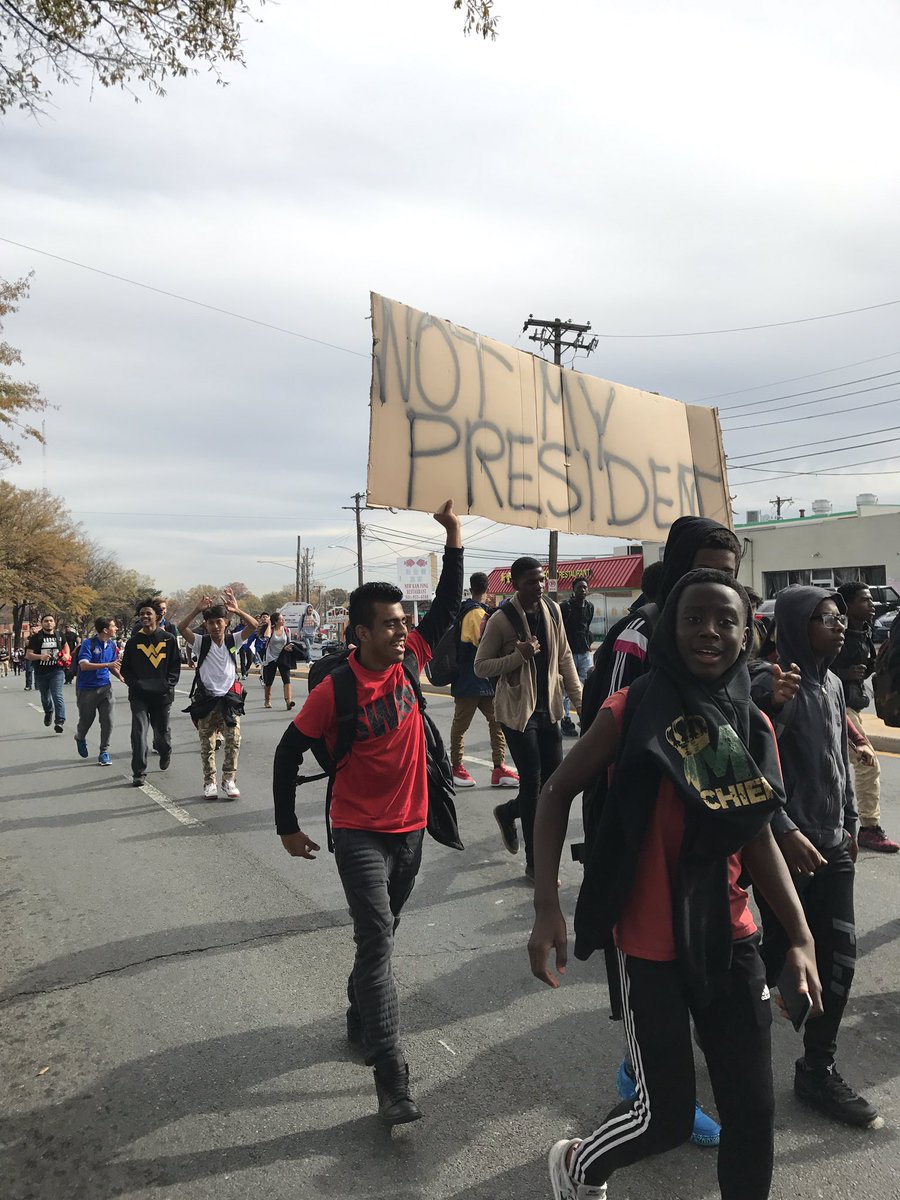America would be radically different if young people ran it. The Edison/Mitofsky National Election Poll of 76,000 voters throughout the nation found that under-30 voters would have elected John Kerry for president over George W. Bush by a 55 percent, 31-state landslide and would have delivered Congress solidly to Democrats.
In 2004, between 22 million and 24 million Americans under age 30 voted, up 50 percent from four years ago, according to exit polls from the 50 states and Washington, D.C., and estimates by The Los Angeles Times. Nearly one-third of under-30 voters in 2004 were nonwhite, double the share among older voters. (See www.civicyouth.org.)
Young voters’ double-digit dislike of Bush was highest among 18- to 24-year-olds. Young voters were much more likely than their elders to suffer job losses over the past several years, to cite economic woes rather than small-minded pieties as their biggest moral concerns, and to believe “government should do more to solve problems,” according to the Edison poll.
Those who insist that adolescent brains are developmentally unable to reason the way adult brains do should be sobered by the frightening irrationalities of adults. Polls by Knowledge Networks and others revealed delusions afflicting more than half of America’s grownups – including large majorities of Bush’s Baby-Boom supporters – on everything from Iraq’s weapons and global warming to a pathetic hunger for indomitable leaders.
In many states, younger and older voters seemed to be from different planets. Mississippians ages 30 and up endorsed Bush by a 26-point margin; those under 30 rejected him by 14 points. In New York, just 24 percent of younger voters backed Bush, 20 percentage points less than over-30 voters.
The generational rift is most dramatic in California. In 2004, 2.7 million under-30 Californians voted, a million more than four years earlier, according to Los Angeles Times exit polls. Young voter support for the Democratic presidential candidate leaped from 55 percent in 2000 to 61 percent in 2004. Meanwhile, California Baby Boomers backed Bush by much higher margins in 2004 than four years earlier.
Big changes loom. California’s electorate is shifting rapidly toward younger and darker voters. The 18- to 29-year-old population, two-thirds nonwhite, will grow by 1 million over the next decade. The ranks of white Boomers, heavily conservative, will shrink by half a million. That’s good news for schools, communities and California’s social fabric.
Are today’s elders capable of ensuring young peoples’ futures? No. Aging Baby Boomers aren’t up to the challenge of leading the diverse society that America has become.
At a time when America desperately needs inclusive, calm, imaginative leadership, a huge chunk of America’s dominant Baby-Boom generation has retreated into mean-spirited “religious” bigotries, unreasoning culture-war panics, and primitive moral invocations belied by the worst drug abuse, crime and family-wrecking misbehaviors that any middle-aged generation has ever exhibited.
Boomers are reinstating segregation, hoarding wealth, slashing their taxes, shutting down public schools and services, starving universities, imposing harsh police tactics and intensifying the poverty and disinvestment that render today’s younger generation the first that will be poorer than its parents.
Progressive youth advocacy is in shambles. In a country undergoing wrenching social and racial changes, the dumbest, most destructive strategy imaginable was for progressives to fan fears of today’s more racially diverse young people. And yet they have.
All participants in today’s youth policy arenas observe two rigid rules: (a) youth must always be depicted as bad and getting worse, unless some special interest wants credit for improving them, and (b) middle-aged Boomers’ cataclysmic deterioration in behaviors and attitudes must never be mentioned.
All that tactic achieved was to help reactionaries inflame righteous crusades to suppress the imagined hellionism blamed on new, darker-skinned generations. Right-wingers have won every youth policy battle, forcing punishing Puritanism on poorer and younger people, while refusing to take personal responsibility for their own immoralities.
The vilification of young people as a perpetual problem that wiser, older generations must fix needs to end. It’s time youth advocates told the truth.
Younger people have improved dramatically over the past three decades – not thanks to their elders’ demonstrably ineffectual repressions and remediations, but because in families, communities and now (finally) politics, Generations X and Y have had to grow up fast, take responsibility and compensate for the rampant derelictions of Boomers.
November’s dismal election sent a powerful message to progressive foundations, politicians and youth advocacy groups: Dump your hopeless, backwards, Boomer-pandering strategy of pushing funding and agendas by invoking shallow moralisms and divisive anti-youth scare campaigns.
Instead, engage the exciting opportunities offered by the more communitarian, open-minded, future-oriented constituencies that emerged in 2004’s youth vote.


























